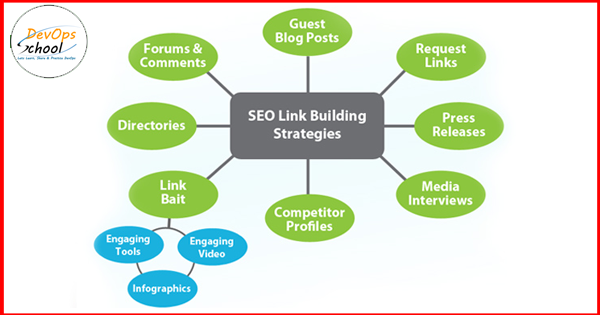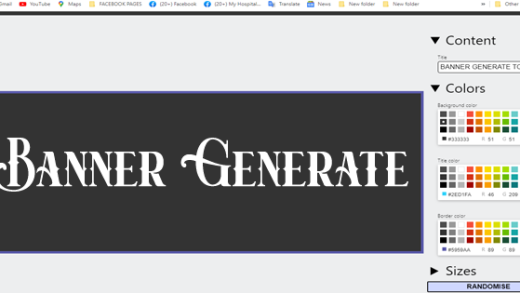
Link building is an essential aspect of search engine optimization (SEO) that focuses on acquiring high-quality links from other websites to your own website. It involves the process of getting external websites to link to your web pages, and these external links are often referred to as backlinks or inbound links.
Link building is important for SEO because search engines like Google consider backlinks as votes of confidence or credibility for a website. When a reputable website links to your site, it signals to search engines that your content is valuable and trustworthy. Consequently, this can positively impact your search engine rankings and increase your organic traffic.
Here are some key points about link building in SEO:
Authority and Relevance: The quality and relevance of the linking website are crucial. Backlinks from authoritative and reputable websites in your industry or niche carry more weight and have a greater impact on your rankings.
Natural and Organic Links: Search engines prefer natural and organic link building, where links are acquired naturally due to the quality and relevance of your content. Building links through manipulative or spammy practices can lead to penalties and negatively affect your SEO efforts.
Anchor Text: The anchor text is the clickable text that appears within a hyperlink. It’s important to use relevant and descriptive anchor text that accurately reflects the content of the linked page. This helps search engines understand the context and relevance of the link.
Link Diversity: It’s beneficial to have a diverse link profile with a variety of sources linking to your website. This includes links from different domains, different types of websites (blogs, news sites, directories, etc.), and a mix of do-follow and no-follow links.
Content and Outreach: Creating high-quality content that is valuable, informative, and shareable increases the likelihood of attracting natural backlinks. Additionally, outreach efforts, such as reaching out to relevant websites or influencers in your industry to promote your content or collaborate on guest posts, can help generate backlinks.
Social Signals: While social media shares and engagement don’t directly impact search engine rankings, they can indirectly contribute to link building. When content is shared on social media, it increases its visibility and the likelihood of other websites linking to it.
Link Monitoring and Disavowal: Regularly monitoring your backlink profile is important to identify any low-quality or spammy links. If you come across toxic or irrelevant backlinks that could harm your SEO, you can use the disavow tool to inform search engines that you don’t want those links to be considered when evaluating your website.
Remember that link building should be approached with a focus on quality rather than quantity. Acquiring a few high-quality, relevant backlinks from authoritative sources can have a more significant impact on your SEO than numerous low-quality links.
Digital Marketing Manager at Cotocus

